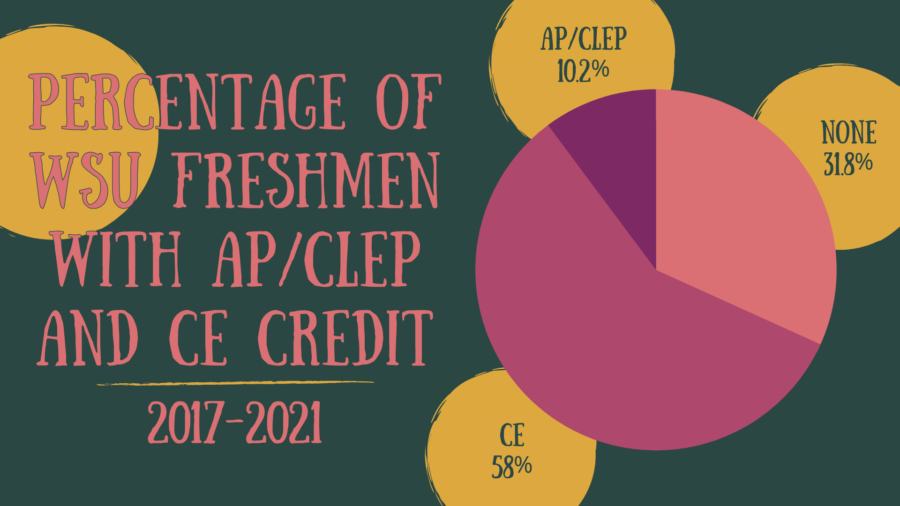1. What U.S. state has officially recognized the second Monday of October as Indigenous People’s Day, becoming the 10th state to celebrate it instead of or in addition to Columbus Day?
a. Utah
b. Oregon
c. Virginia
d. Massachusetts
2. Oct. 11 was Indigenous People’s Day, Columbus Day and National Coming Out Day. In what year was the first National Coming Out Day observed?
a. 1988
b. 1998
c. 2008
d. 2018

3. President Joe Biden’s approval rating has dipped considerably over recent months due to a series of crises. What is his current approval rating?
a. 30%
b. 35%
c. 38%
d. 45%

4. A massive archaeological discovery in Israel has unearthed a 1,500-year-old site, the largest of its kind. What is the site?
a. Sports stadium
b. Theater
c. Palace
d. Winery
5. World leaders will meet later this month at Cop26, a conference that has been going on for three decades nearly every year, to discuss what?
a. Nobel Prize winners and other achievements
b. Nuclear weapons treaties
c. International crime
d. Climate change
Answers:
1. The correct answer is B, Oregon. According to CNN, a 2021 law has officially designated the second Monday of October in Oregon to be Indigenous People’s Day. Columbus Day is still a U.S. federal holiday, meaning the closure of non-essential government offices like post offices and banks.
2. The correct answer is A, 1988. According to The Hill, National Coming Out Day was first celebrated that year to raise awareness for the LGBT community.
3. The correct answer is C, 38%. According to CBS Austin, the president’s approval rating has declined as Americans have become disillusioned due to the Afghanistan withdrawal, domestic policies and the debt ceiling battle.
4. The correct answer is D, Winery. According to NPR, the site in Israel dating back to the Byzantine era is the largest known winery from that time period, and consists of a large complex with five wine presses, four large warehouses and tens of thousands of broken jugs.

5. The correct answer is D, Climate change. According to the Guardian, under the 1992 United Nations Framework Convention on Climate Change (UNFCCC), every country on Earth is treaty-bound to “avoid dangerous climate change” and find ways to reduce greenhouse gas emissions globally in an equitable way.



















